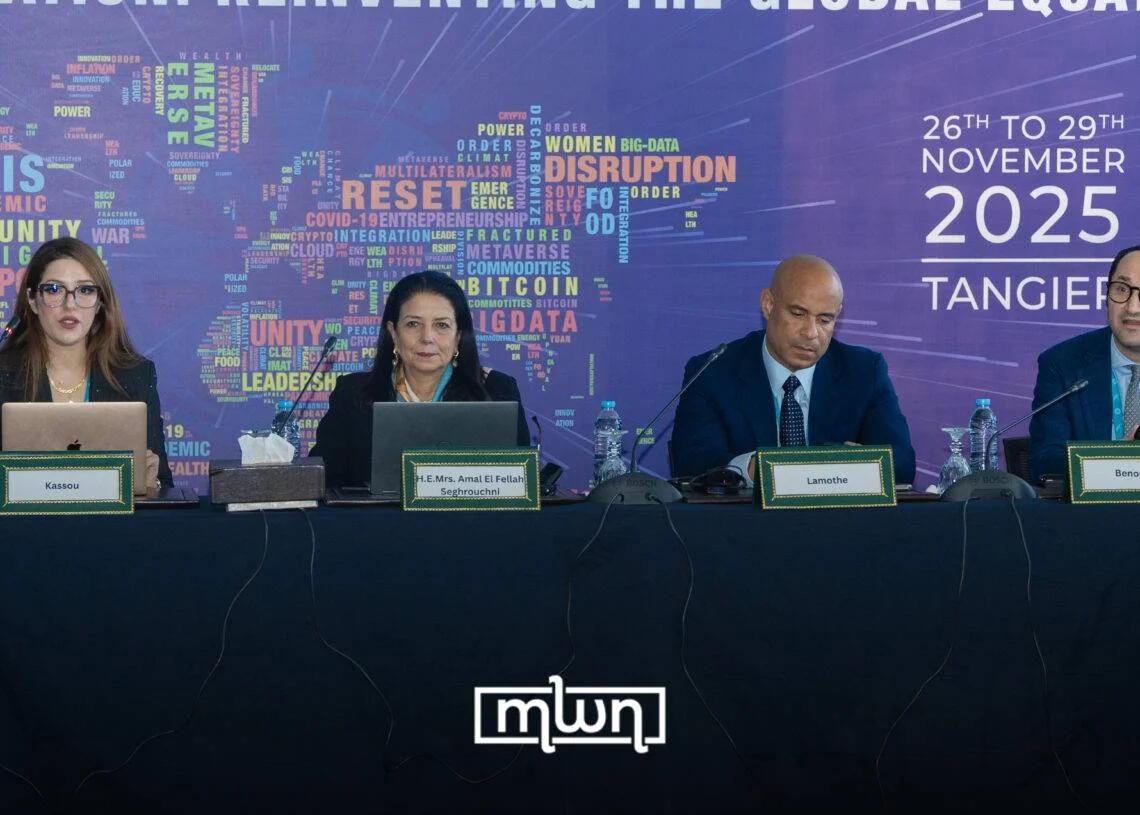ISLAMABAD: On Thursday, Prime Minister Shehbaz Sharif emphasized Pakistan’s need to reach $25 billion in information technology (IT) exports within the next five years, urging experts and entrepreneurs to devise a clear strategy to achieve this ambitious goal.
Pakistan is relying on its rapidly growing IT industry to boost exports and generate essential foreign exchange revenue for the cash-strapped country. IT exports reached $3.2 billion in the fiscal year 2023-2024, a notable 24% increase from the previous year’s $2.59 billion.
However, this growth push faces a significant hurdle due to recent drops in internet speeds. Internet services across Pakistan have slowed by 30-40% in the last few weeks, negatively impacting millions of users and hindering business operations. The telecommunications authority attributed the issue to damaged underwater cables, while IT Minister Shaza Khawaja pointed to a surge in VPN usage. However, digital advocacy groups and IT unions suggest the slowdown could be related to the government’s trial of an upgraded web management system or a national firewall. The government has clarified that any firewall, if implemented, would not be used for censorship purposes.
In July, the Pakistan Software Houses Association (P@SHA) warned that Pakistan’s economy could suffer up to $300 million in losses due to internet disruptions, particularly if a national firewall is introduced.
“The goal is simple—we must reach $25 billion in the next five years,” PM Sharif stated during a Google-hosted event, where the company unveiled its initiative to manufacture 500,000 Chromebooks in Pakistan. The first Chromebook produced under the initiative was presented to the prime minister during the event. “Give me a roadmap to achieve this target,” he added.
Farhan S. Qureshi, Google’s Regional Director for Pakistan, Bangladesh, and Sri Lanka, highlighted the immense opportunities for freelancers in Pakistan. With 2.37 million active freelancers, Pakistan ranks among the top four countries offering freelance services on global platforms like Upwork, Fiverr, and PeoplePerHour.
Data from the central bank shows that Pakistani freelancers earned $397.3 million in foreign remittances during the fiscal year 2021-22, although this figure is likely underreported as much freelance income is categorized as home remittances.
“The businesses of over 2.3 million freelancers are suffering due to slow internet services,” stated Tufail Ahmed Khan, President of the Pakistan Freelancers Association (PAFLA), in a recent interview. “Not only freelancers but IT companies and e-commerce businesses are also severely affected by the degradation in internet speed.”
Khan warned that without a clear resolution timeline, the uncertainty could tarnish the reputation of Pakistani freelancers among their global clients. Last month, many freelancers reported that Fiverr had made several accounts in Pakistan “unavailable” due to ongoing internet disruptions.















